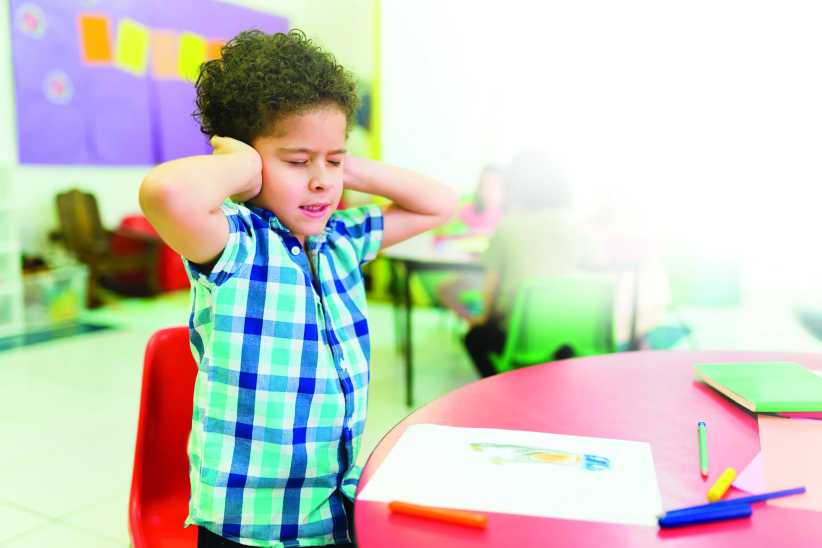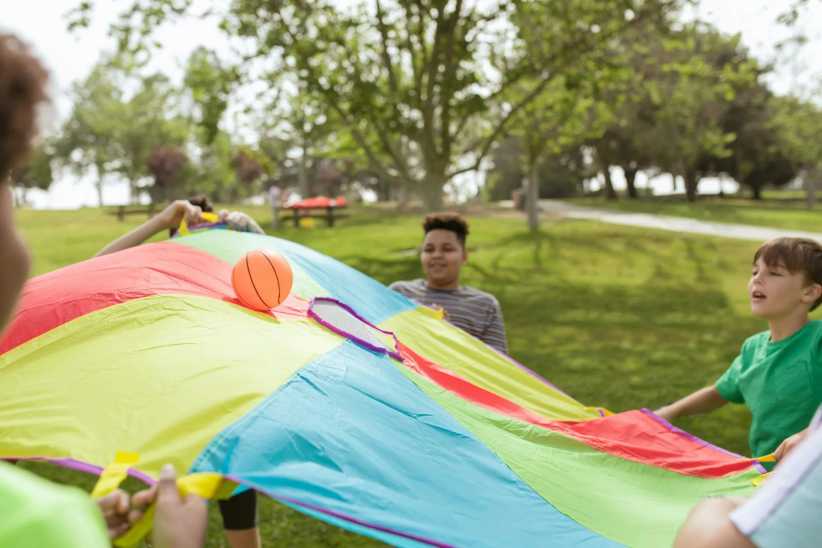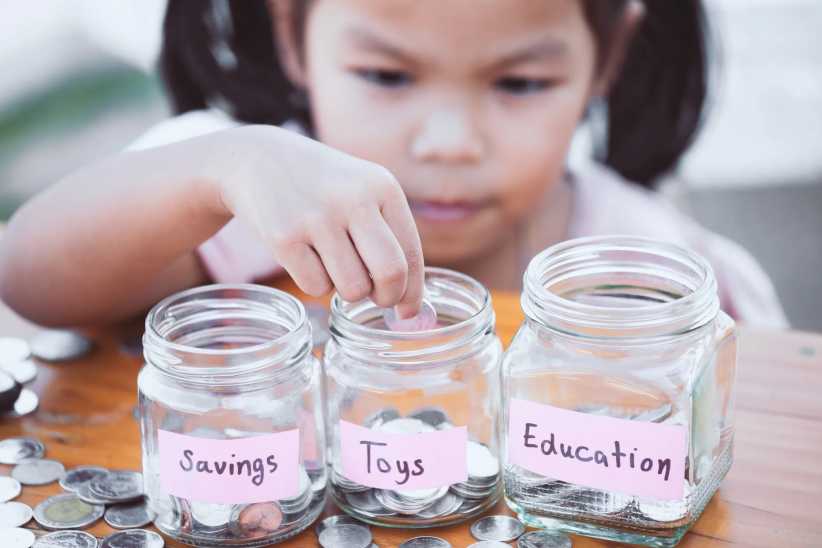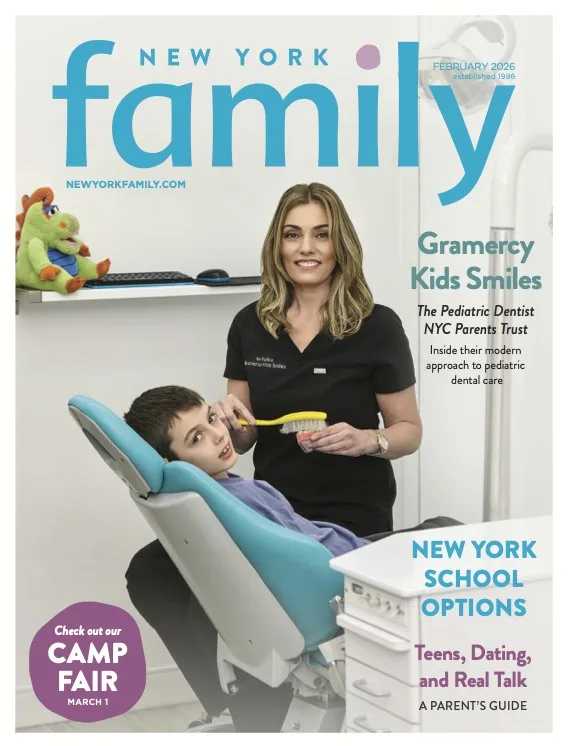
Why Some Families Turn to Private Schools for Learning Differences
For children with ADHD, dyslexia, autism, or anxiety, personalized instruction can unlock success.
For many New York–area families, choosing the right school is rarely a simple task. But when a child has learning differences, whether it’s ADHD, dyslexia, autism, or anxiety, that search can feel overwhelming. Even in districts with strong special education programs, parents often find that large class sizes, limited resources, and inconsistent support make it difficult for their child to thrive. That leads some to the realization of exploring private schools explicitly designed for students who learn differently. Families beginning this search often start by looking into Private Schools in New York City, where many institutions offer structured support and specialized programs for neurodiverse learners.
Despite dedicated teachers’ good intentions and hard work, resources are stretched thin within the NYC public school system. Classrooms include students with a wide range of educational needs, and individualized attention can be difficult — if not impossible — to sustain. When a student’s needs aren’t fully met in a traditional classroom environment, some parents begin exploring alternative options for neurodiverse learners, like schools that center their teaching philosophy on how each child learns best.
Psst… Check Out Special Child Glossary: Definitions That Every Family Should Know
A Tailored Approach
Private schools that specialize in learning differences take a different approach to classroom instruction. Unlike traditional schools that expect neurodiverse students to adapt to conventional learning methods, specialized schools design their curricula around each student’s unique needs. This individualized model may mean breaking lessons into shorter, more manageable steps, using multisensory techniques, pacing instruction according to the individual’s needs, and measuring progress by growth rather than standardized benchmarks.
These schools often maintain small classes — sometimes with fewer than 10 students per teacher — allowing teachers to devote more one-on-one time to each child to familiarize themselves with their interests, abilities, and challenges. For children who struggle with attention or anxiety, the quieter, more predictable environment can reduce stress and improve focus.
Focus on Emotional Well-Being
Often, these schools place a strong emphasis on social-emotional learning and executive functioning skills, which help students manage frustration, stay organized, and advocate for themselves. Instead of viewing behavioral differences as disruptions, teachers are trained to recognize how overstimulation and frustration manifest and respond to help students refocus and regulate.
This can be transformative for a student who has gone from falling behind or feeling misunderstood to being engaged, capable, and confident. The feeling of belonging rather than feeling singled out can be as valuable as the curriculum itself.
Navigating the Path—and the Price
For many families, moving from public to private school can be complicated. When a public school cannot adequately meet a child’s needs, some parents look to private schools for tuition coverage through the city’s Department of Education (DOE) reimbursement process. However, this process can be lengthy and often requires legal advocacy, documentation, persistence, and time.
But, while tuition costs are high, families who are able to make the investment (or effort of pursuing reimbursement) say it is worth it for their child’s long-term confidence and well-being.
Lessons for Every Classroom
In classrooms where individuality is embraced, mistakes are treated as learning opportunities, and emotional well-being is seen as essential to success, children who once struggled to fit in finally begin to flourish. The lessons from these specialized environments could inspire all public and private schools to rethink how they support the diverse ways children learn.
As awareness and understanding of neurodiversity grow, more families and educators are recognizing that traditional learning doesn’t work for every student. For many, finding the right school isn’t just about academics—it’s about helping their child discover their strengths, build self-esteem, and rediscover the joy of learning.
Psst… Check Out Radio City Christmas Spectacular Brings Extra Holiday Magic with Sensory-Friendly Performance














